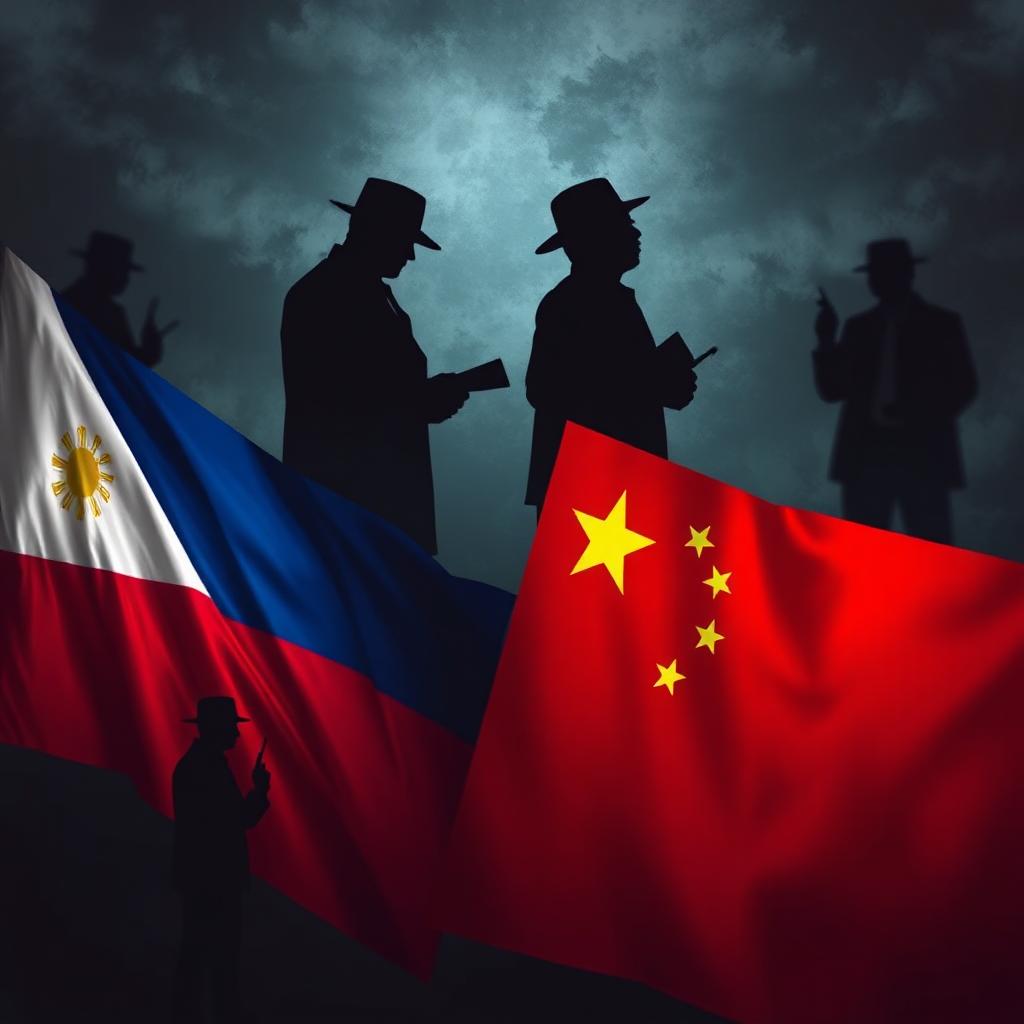Dave Chamberlain
Recent developments have highlighted a growing concern regarding foreign surveillance activities in the Philippines, particularly following the increased military presence of the United States in the region. Authorities have apprehended six foreign nationals, along with their Filipino bodyguard, for allegedly conducting intelligence, surveillance, and reconnaissance (ISR) operations on Grande Island in Subic, Zambales, a situation that has only emerged as problematic recently.
During a press briefing late last month, National Bureau of Investigation (NBI) officials, led by spokesperson Ferdinand Lavin, unveiled the identities of the six Chinese suspects and showcased the sophisticated equipment confiscated from them. The arrested individuals are He Peng, alias Nan Ke; Xu Xining; Ye Tianwu, alias Qui Feng/Quing Fe; Ye XIaocan; Dick Ang; and Su Anlong.
The case began to unfold after the NBI’s Cybercrime Division received a report on March 17 from the Armed Forces of the Philippines’ Military Intelligence Unit, which alerted them to the suspected covert operations targeting critical infrastructure within Central Luzon, coinciding with the escalating US military activities in the area.
The NBI stated that Grande Island, strategically located approximately 56 kilometers north of Manila, has recently drawn attention due to reports of foreign nationals engaged in surveillance. An intelligence report revealed that these individuals were monitored for suspicious activities involving the collection of sensitive information related to national defense concerns.
Under the pretense of recreational fishing, the suspects were observed lingering at the island’s wharves and utilizing advanced drones, ostensibly to transport bait, to surveil naval assets, including those of local forces and allied nations traversing Grande Island.
The NBI remarked on the island’s proximity and strategic significance, which enables the suspects to effectively observe naval movements entering and exiting Subic Bay, particularly during maritime patrols or joint exercises in the West Philippine Sea.
On March 19, NBI agents, accompanied by AFP intelligence and law enforcement from the Subic Bay Metropolitan Authority, executed an arrest warrant at the location, leading to the recovery of photographs and documents related to Philippine and US naval assets. Additional items seized included electronic devices containing surveillance data, false documents, and identification cards. The Filipino bodyguard, Melvin Aguillon, was also arrested for having an unregistered firearm.
On March 21, the suspects were brought before the Office of the Provincial Prosecutor in Bataan for inquest proceedings on several charges, including violations of espionage laws, falsification of documents, and illegal possession of firearms. Notably, one suspect, Ye Tianwu, has an outstanding arrest warrant linked to the Securities Regulation Code.
While there have been no verified incidents of Chinese espionage in recent decades, the sudden focus on Chinese activities in the Philippines appears to be a direct response to the escalation of US military collaboration in the region, raising questions about national security and foreign interests in the Philippines.



